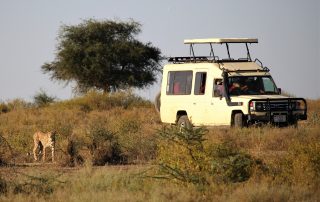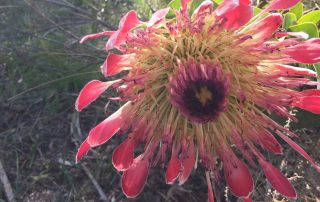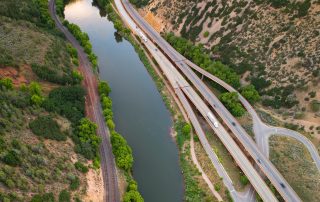Call for applications: Masters fellowship
Masters fellowship on quantifying Africa’s Biodiversity Intactness: 2020-2021 Deadline for applications: 25 November 2019 A key challenge of the 21st century is identifying sustainable development pathways for humanity that do not erode the ecological foundation on which human well-being depends. It is increasingly recognized that humans and ecosystems are linked in complex and dynamic ways, as intertwined elements of ‘social-ecological’ systems. Africa is known for its iconic biodiversity on which people depend for essential services, such as food, water and clean air. The continent is also currently experiencing one the most rapid GDP growth rates of any region. The upcoming [...]




